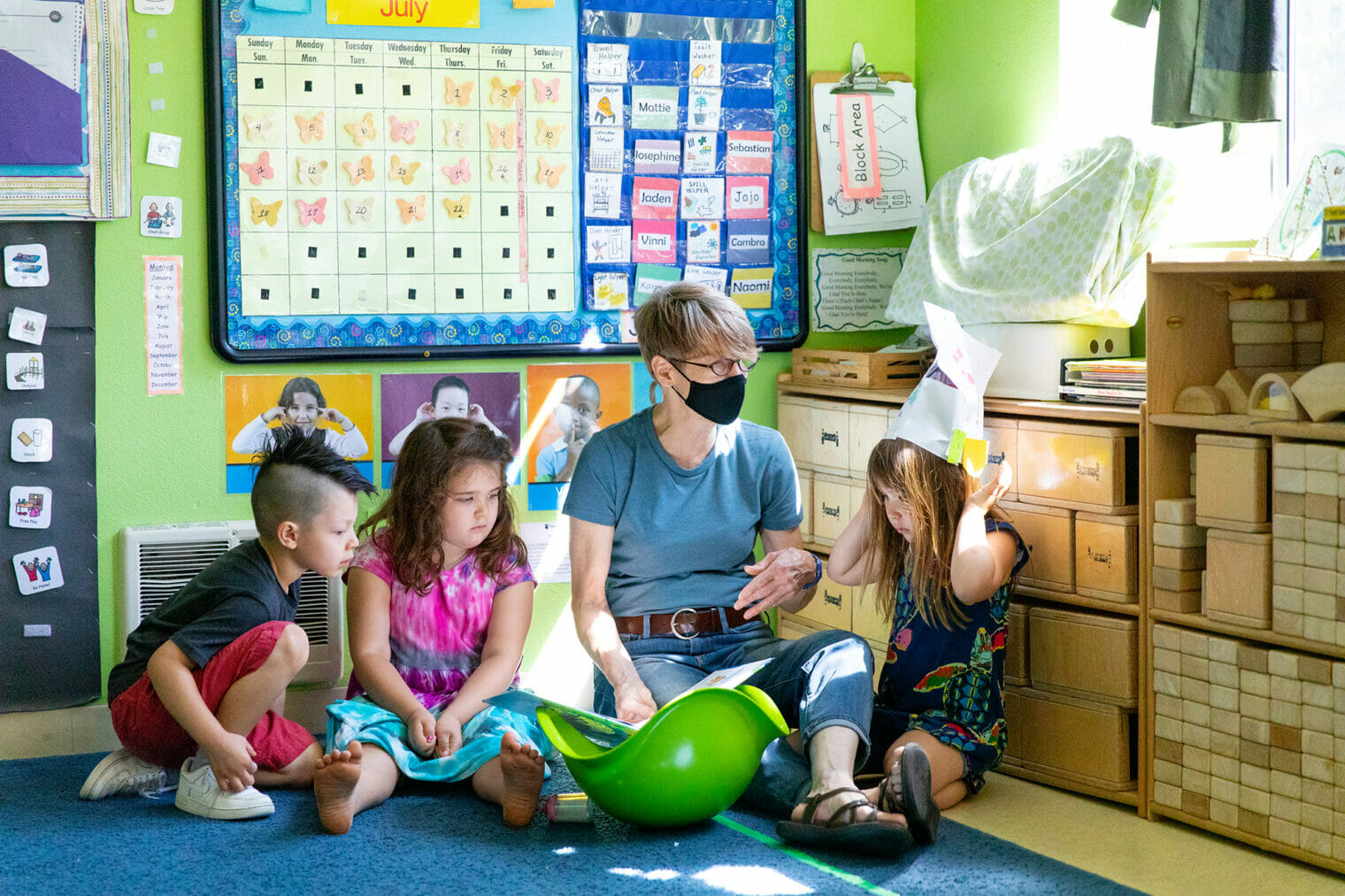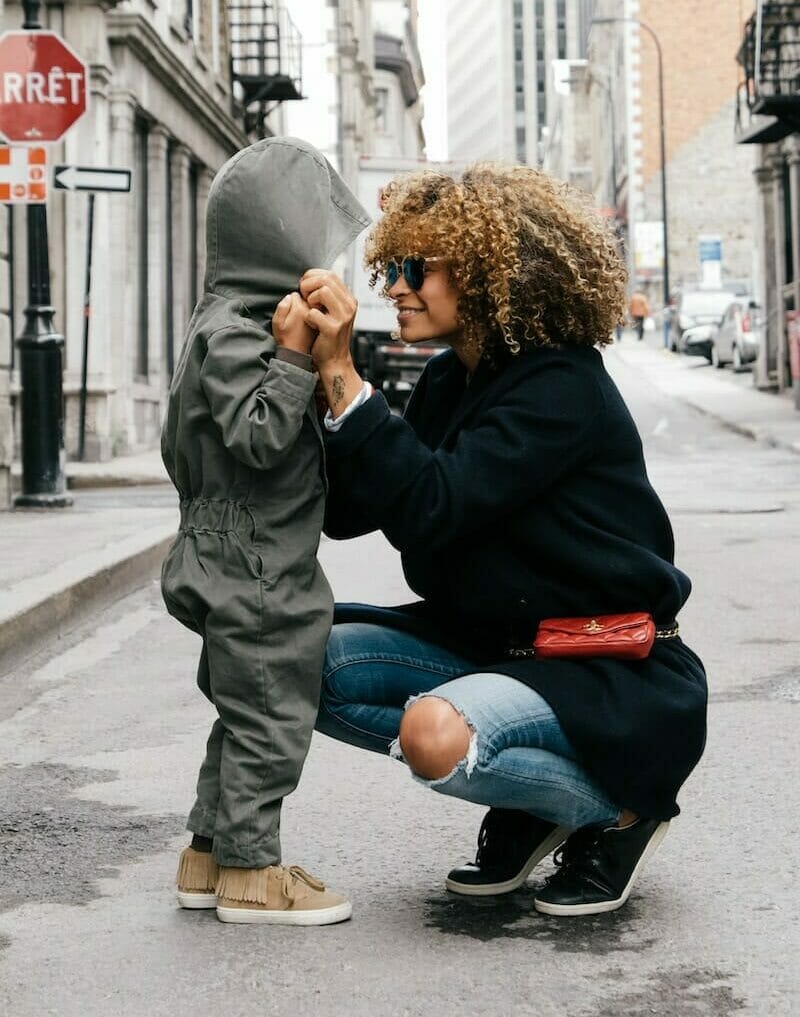Your cart is currently empty!

Play-Based Therapy
Play-based therapy is a type of psychotherapy that uses activities to help children develop social, emotional, and behavioral skills. Play-based therapy provides a fun and engaging environment for children to learn and practice critical skills naturally and developmentally appropriate. Play therapy is often employed for children with a history of trauma or abuse by allowing them to process and express themselves through play with dolls and other toys.
Play materials help children explore their emotions, practice social skills, and develop problem-solving and communication skills. The therapist may also use role-playing, storytelling, and imaginative play to assist the child in working through difficult experiences or challenges.
Responses to “Play-Based Therapy”
rDnvpJH6fTG
KO7lWkTxHKu
IMG649YH0p9
2qupb1LWcWW
HDEdE9EkBB7
Touched by what you read? Join the conversation!
-

If Yes or No Questions Backfire, Give Choices Instead
“Can you start your homework?” (alternatively, “Have you finished your homework/ Homework.”) “No.” “Do you want to clean your room now?” “Nah.” “Wanna go to work and attend to all of your responsibilities today?” “Uh… no.” Offering choices to our children instead of asking yes/no questions can transform how they respond to you. Choices foster…
Read more >> about If Yes or No Questions Backfire, Give Choices Instead
-

State of ABA Industry
The behavioral healthcare industry is in trouble. For kids and families, the dire shortage of providers and difficulty obtaining services means long wait times for necessary evaluations for speech, behavior, occupational, and other therapies, prescriptions for services, and their services to begin. They may get through the entire process and not qualify for treatment. Many…
-

Yes, When
If your child struggles when you tell them “no”, try saying “yes, when” instead. For example, your kid might ask for junk food or more time on Minecraft. Instead of saying “no,” which triggers immediate negative behavior and a stressful power struggle, tell them when they can fulfill their request. “Yes, you can have more…




Leave a Reply